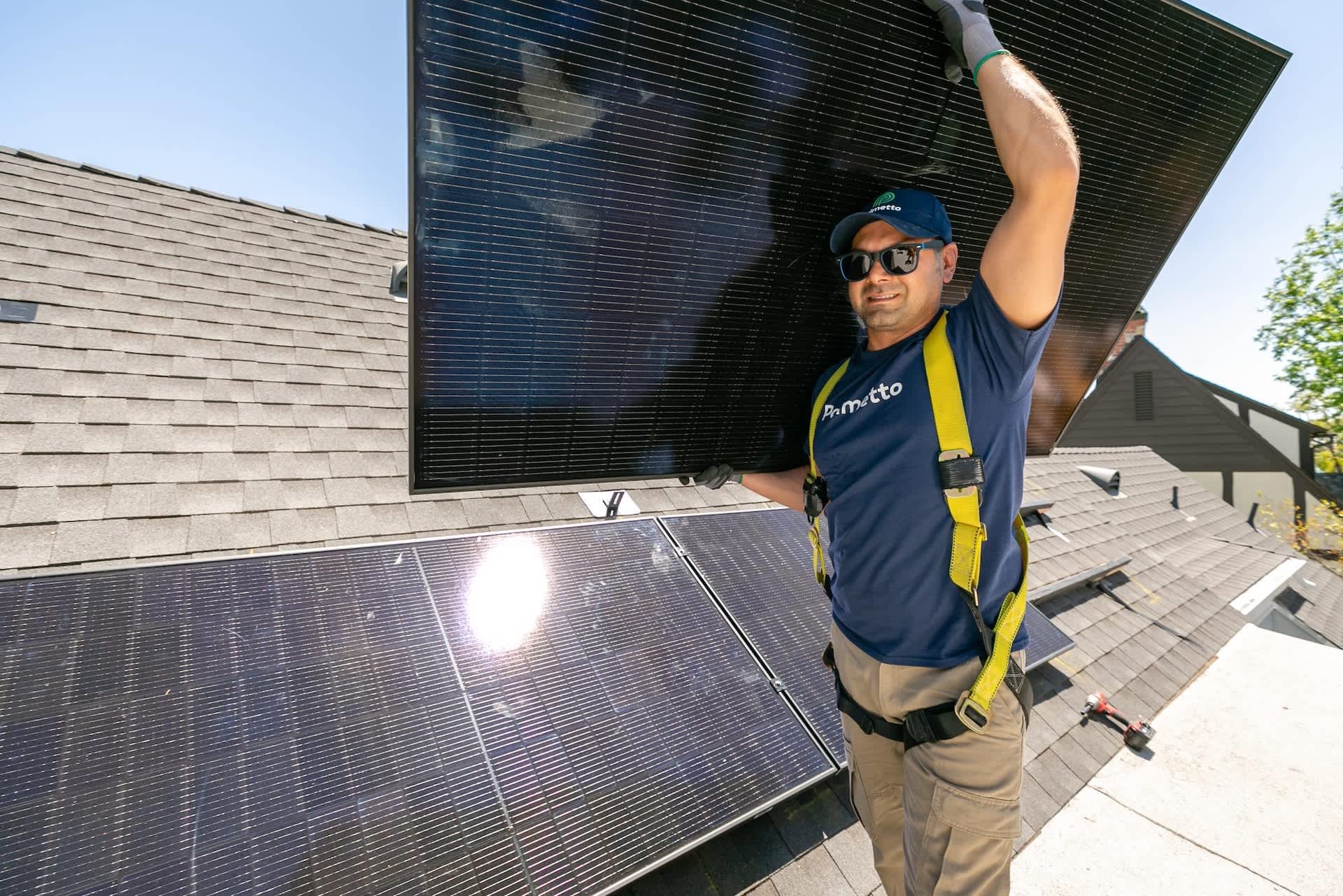A doctor experienced the horror of the West Nile virus firsthand — now, he's warning that the risk of infection is growing as warmer temperatures continue to broaden the disease's transmission zones.
What happened?
Dr. Lyle Petersen of Fort Collins, Colorado, was bitten by a mosquito one evening while standing outside his home. Several days later, he developed debilitating symptoms, the New York Times reported.
The illness included severe headaches, muscle aches, fevers, and a rash. "I was in bed for a week," Dr. Petersen said. "It's the sickest I've ever been."
Fortunately, Dr. Petersen also happened to be the director of the division of vector-borne diseases at the Centers for Disease Control and Prevention. With his expertise, he suspected — and then confirmed — that he had come down with the West Nile virus.
West Nile is spread by the Culex species of mosquito, which breeds in temperate stagnant water including rainwater barrels, storm drains, septic tanks, and puddles.
Dr. Petersen was less concerned with the severity of the symptoms — although the disease can be fatal in certain cases — and more concerned that, as temperatures continue to rise and heavy rains create more standing water, Culex will have more opportunities to breed.
Can't afford solar panels? Here's how to get them without paying for purchase or installation Palmetto's revolutionary LightReach program gives you all the benefits of solar power without the upfront costs. LightReach lets you lease solar panels with no money down, making it easier than ever to lock in energy savings. Palmetto assumes all risk and responsibility for the panels you lease, which means you'll get reliable performance without unforeseen costs. To get started, just answer a few basic questions about your home and learn how much you can save. Learn more → |
Watch now: Mutual of Omaha brand leader shares details on resurrection of iconic TV show
Why is this so concerning?
Rising atmospheric temperatures, escalated by human-generated emissions, have been linked to an increase in severe rainfall, per Climate Central.
Now, the Times explains, scientists are concerned that the virus will be spread to previously protected areas as both temperature and moisture levels remain high, extending the breeding season and zones for the disease-transmitting mosquitoes.
And while many people recover from West Nile within a few days, some experience extended symptoms for months. Dr. Petersen felt fatigued while walking upstairs for three months after his infection, the Times reports. And in rare cases, the disease can have pronounced neurological effects, including paralysis, meningitis, and brain damage.
The threat of climate-related mosquito-borne disease transmission also extends beyond West Nile. Around the world, rates of severe and deadly diseases such as dengue fever, chikungunya, Zika, and malaria are increasing, which officials worry will place costly strain on healthcare systems.
TCD Picks » Quince Spotlight

What can you do to minimize risk of exposure?
Scientists are working on developing vaccines to treat West Nile, but none have yet to be approved for widespread use. Instead, the best approach to prevent mosquito-borne illnesses is to avoid getting bitten in the first place.
Taking care to wear long-sleeved clothing, utilizing bug lotion and spray, and lighting citronella candles can go a long way when spending time outside. Minimizing potential breeding habitats is also effective; covering rain barrels and draining any standing water will prevent mosquitoes from being able to lay eggs.
Join our free newsletter for weekly updates on the latest innovations improving our lives and shaping our future, and don't miss this cool list of easy ways to help yourself while helping the planet.













